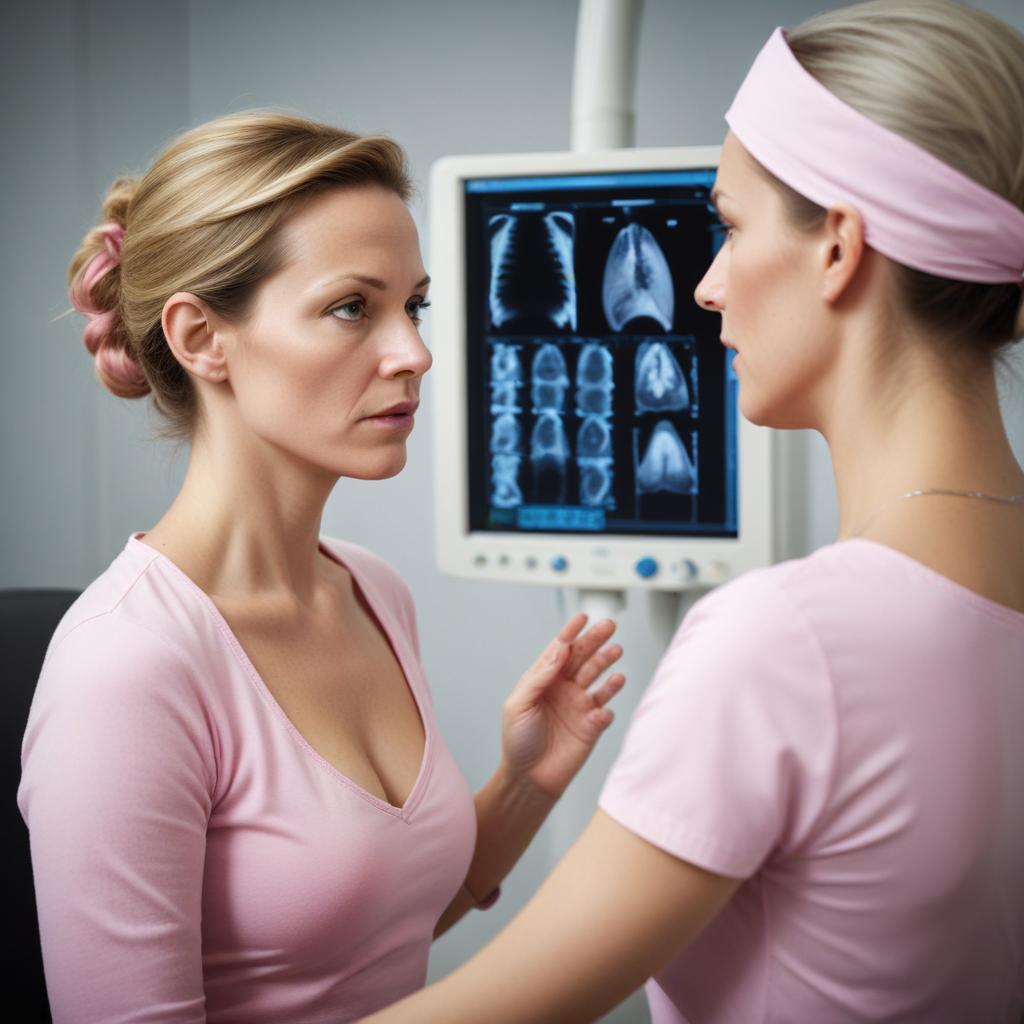A new study reveals women who miss their initial breast cancer screening face a 40% higher long-term risk of dying from the disease. This article, featuring insights from Dr. Leana Wen, emphasizes the critical importance of early detection, outlines screening guidelines, discusses additional tests, and offers strategies for risk reduction, especially relevant during Breast Cancer Awareness Month.
A recent study published in The BMJ, involving over 400,000 women in Sweden monitored for up to 25 years, found that missing a first breast cancer screening appointment significantly increases the long-term risk of dying from the disease by 40%. This research highlights the crucial role of early detection, especially as breast cancer is the second most common and second leading cause of cancer death among women in the US. Early diagnosis of localized breast cancer boasts a five-year survival rate of over 99%, which plummets to about 32% if the cancer has spread. Dr. Leana Wen, a CNN wellness expert, explains that the US Preventive Services Task Force now recommends most women begin mammogram screenings at age 40, continuing every other year until age 74. Those with higher risk factors—such as a history of chest radiation, specific genetic mutations, or a first-degree relative with breast cancer—should consult their healthcare provider for personalized screening schedules. The Swedish study specifically noted that nearly one-third of women invited to their first mammogram did not participate and were subsequently less likely to attend future screenings. This led to significantly higher odds of being diagnosed with advanced-stage cancer (1.5 times for stage 3, 3.6 times for stage 4) and increased breast cancer deaths over 25 years. Dr. Wen attributes this to persistent missed screenings, likely due to a combination of lack of awareness, access barriers, fear, and cultural factors, resulting in diagnoses at later, less treatable stages. While mammograms are the standard screening, women with higher risk or dense breast tissue may be advised to undergo additional tests like genetic testing, breast MRI, or ultrasound. Breast self-exams are not a substitute for mammograms but are important for women to recognize any concerning changes in their breasts, such as new lumps, nipple discharge, pain, swelling, or skin changes, which warrant immediate medical evaluation. To reduce breast cancer risk, women are encouraged to adopt healthy lifestyle choices, including quitting smoking, limiting alcohol consumption, maintaining a healthy weight, being physically active, and eating a nutritious diet.



